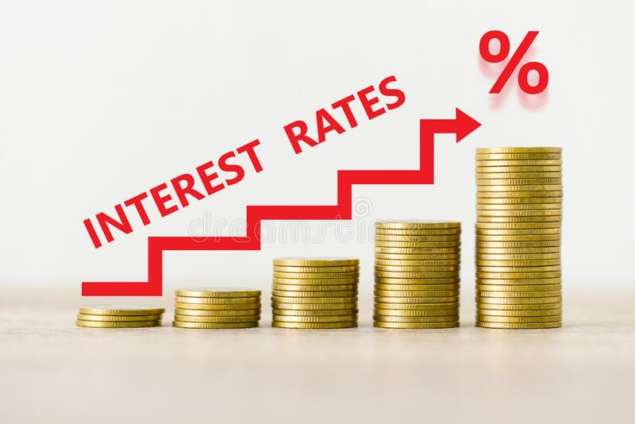The private sector in Nigeria borrowed an additional N1.89 trillion from banks in November 2024, pushing total credit to an unprecedented N75.96 trillion.
This represents a significant increase from N74.07 trillion recorded in October, even as the Central Bank of Nigeria (CBN) intensifies its interest rate hikes.
Under the leadership of Governor Yemi Cardoso, the CBN has aggressively tightened monetary policy to combat rising inflation, which stood at 34.6 per cent in November. Despite these measures, businesses appear undeterred, continuing to rely heavily on loans to sustain their operations.
Governor Cardoso, who assumed office last year, oversaw six interest rate hikes in 2024. February saw the Monetary Policy Rate jump by 400 basis points from 18.75 per cent to 22.75 per cent—the largest hike of the year. This was followed by further increases in March, May, July, September, and most recently in November, culminating in a 27.50 per cent rate.

These hikes, totalling 875 basis points, aim to curb inflation and stabilise the economy. However, the private sector’s robust borrowing indicates businesses are willing to absorb higher costs to maintain operations and adapt to the challenging economic climate.
A deeper analysis of the CBN’s data reveals fluctuations in private sector credit throughout 2024. In February, borrowing surged to N80.86 trillion, up by N4.38 trillion from January, but March saw a sharp decline of N9.65 trillion, bringing the figure down to N71.21 trillion. Credit levels rebounded by mid-year and ended November with a year-on-year increase of N16.27 trillion, or 27.3 per cent, from N59.69 trillion in November 2023.
The Manufacturers Association of Nigeria (MAN) has expressed concerns over the persistent rate hikes. Its Director-General, Segun Ajayi-Kadir, warned that the 27.25 per cent interest rate would worsen the already difficult environment for manufacturers grappling with high production costs and dwindling consumer demand.
While the CBN’s tightening measures aim to control inflation, the resilience of private sector borrowing raises questions about their effectiveness in curbing credit expansion. For now, businesses appear to prioritize access to funds over the rising cost of borrowing, underscoring the critical role credit plays in navigating Nigeria’s challenging economic landscape.




